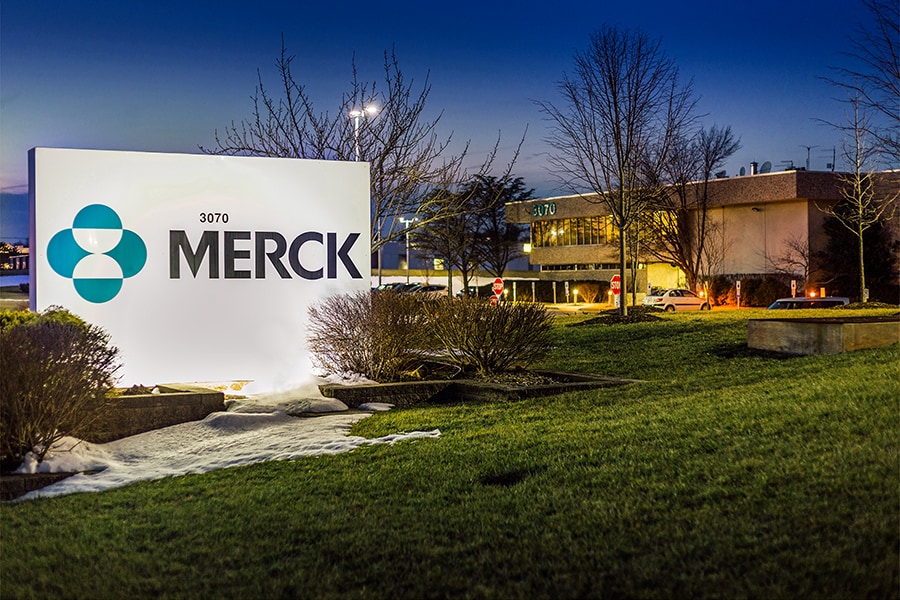
How Merck, a vaccine titan, lost the Covid-19 race
Last month, Merck exited the vaccine race, abandoning its two candidates after early clinical trials flopped
 Image credit: Shutterstock
Image credit: Shutterstock
From Ebola to HIV to river blindness, American pharmaceutical giant Merck has been on the front lines of the biggest public health emergencies in recent history.
So when the company announced in May that it was a late entrant in the race to develop a COVID-19 vaccine, Merck was a popular pick to win. Even if the company wasn’t first, proponents argued, its expertise as the world’s second-largest vaccine maker gave it a good shot at developing the best product — and manufacturing it quickly.
But then, last month, Merck exited the vaccine race, abandoning its two candidates after early clinical trials flopped. Now, in addition to testing two experimental COVID-19 drugs, the company says that it’s looking for ways to help competitors supply the world with vaccines.
“We are in regular conversation with governments, we’re in regular conversations with the public health authorities, with the foremost experts on all this,” said Michael T. Nally, the chief marketing officer at Merck. The company, he said, is now asking: “With all that we know today, what is the best way for us to help?”
Merck did not provide details about which companies or governments it planned to work with, or how it would help. But as a major vaccine maker, it has factories that specialize in a range of vaccine technologies, as well as ones that fill the bulk product into ready-to-ship vials.
©2019 New York Times News Service




